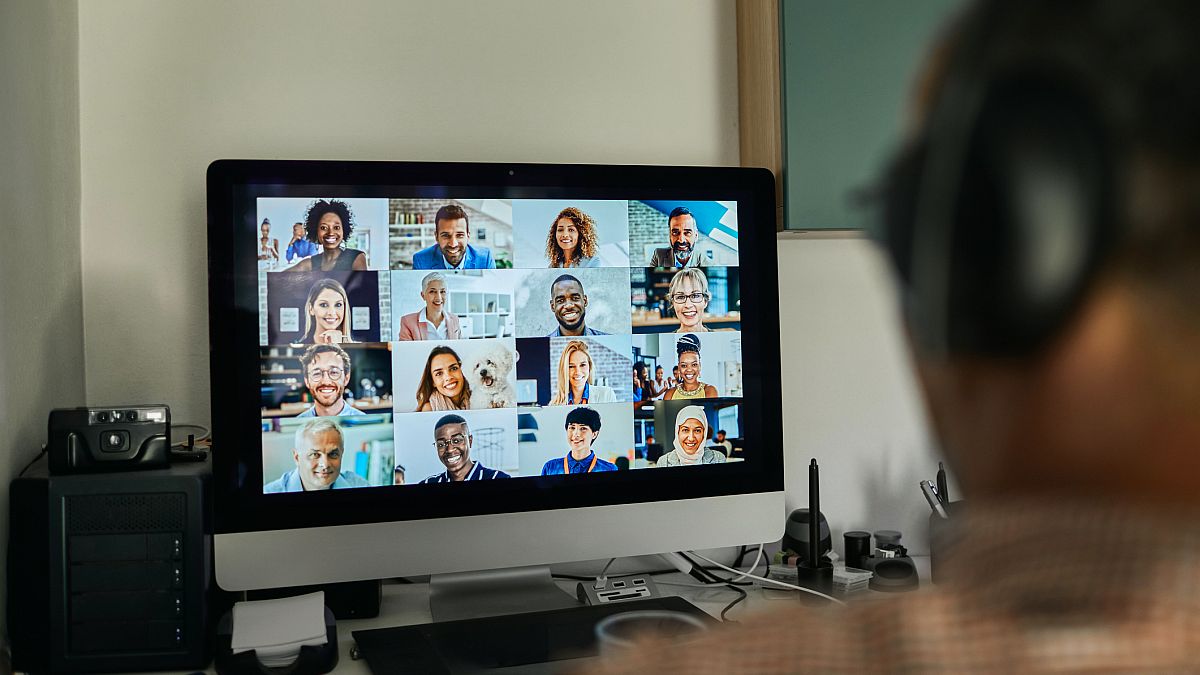While the increase in COVID-19 infections—largely due to the spread of the delta variant—is causing governments and health organizations worldwide to sound the alarm once again on high-risk social practices, it’s time to revisit using virtual platforms for oncology and hematology conferences and data-gathering meetings.
Just like the rest of the world, healthcare providers are experiencing so-called “Zoom fatigue.” At the same time, a poll of 900 Nature readers (including scientists, doctors, and researchers) revealed that 74% of respondents believe scientific meetings should continue to be virtual or have a virtual component even after the pandemic ends.
The challenge is how to keep virtual medical congresses engaging and, moreover, productive. In a previous post, we explored how the COVID-19 pandemic is changing key opinion leader engagement, and in another post, 5 tips for successful virtual meetings were outlined. This post will go beyond those topics and further explore the advantages and disadvantages of virtual meetings post-coronavirus and identify potential areas for improvement and innovation.
Embracing virtual formats
During the COVID-19 outbreak, forums for sharing important medical information saw an obligation to endure. Conventional, industry-wide meetings were needed more than ever in order to address changes in health care delivery and new protocols in the wake of a worldwide epidemic. Cancer care, for example, couldn’t just be put on hold, and new approaches had to be adopted to keep both healthcare workers and patients as safe as possible.
In response, conference organizers quickly adopted virtual strategies. As the world tries to get back to “normal,” the reality is that COVID-19 will have a permanent impact on the future operations of most industry-level events, including large medical meetings. Life science companies and healthcare organizations that sponsor these information-sharing events will need to embrace online formats going forward. Of course, medical communications experts associated with strategic groups like Aptitude Health are here to help.
Digital technologies afford better engagement strategies
In-depth planning helps make your meeting a success. During the spring and summer, many organizations rushed to move their operations online; this rapid change may not have allowed your organization much time to prepare. Creating a strategy saves time and money—careful planning allows your organization to focus on forging connections with recognized experts.
If you’re planning on reaching out to healthcare providers (HCPs), develop a game plan. First, target the right individuals. Identify HCPs who are tech savvy and open to your message. HCPs who are already comfortable with virtual tools make the best contacts; these experts are at ease arranging meetings and networking online.
Take time to consider whether your contacts are already familiar with your company. Virtual meetings work best when HCPs have a positive, open-minded attitude. If your contacts are reluctant to hear your message, it might be best to wait until you can meet in person.
Virtual meetings are often less expensive than in-person meetings, but they still require time, money, and employee investment. Make the most of these resources by identifying providers who are likely to be responsive.
Online information-sharing events have greater reach
Of course, virtual conferences and other online initiatives such as disease state academies provide a much broader, global reach than conventional live meetings. Accessibility is a huge advantage: some researchers noted that they’ve been able to attend more meetings than ever due to the convenient online format. These virtual events have also helped some professionals strike a better work/life balance, particularly those who teach or have small children.
By waiving travel, the total cost of attending a live meeting is far lower, enabling other career groups like students to take part in greater numbers. And online talks can also be saved for future viewing, better accommodating busy schedules. In fact, 600 surveyed physicians indicated an equal preference for watching a webinar live vs recorded.
Socialization loss – the biggest disadvantage of virtual events
In the survey analyzing the impact of COVID-19 on medical conferences and continuing education programs, 55% of the respondents dislike the unsociable aspect of virtual meetings. In the Nature survey, 69% of respondents said the biggest drawback to virtual conferences is poor networking opportunities. So, while conference attendees expressed appreciation for online formats, they miss interacting with friends and colleagues.
There is also a need to combat screen-time fatigue and time-zone conflicts. Instead of an all-consuming schedule of events, a few logistic changes can improve the overall virtual experience. Best practices for online meetings include hosting events on weekends rather than weekdays, keeping talks or webinars under 2 hours, and meeting in the evenings. Furthermore, physicians are more engaged by detailed topics rather than broad topics.
The future of virtual medical meetings
To replicate the collaborative spirit and social aspect of traditional face-to-face events, virtual conference coordinators need to introduce new platforms that support greater interaction among attendees and organizers and provide specific networking opportunities. Some workarounds to the socialization problem include formal mentorship programs that pair early career scientists or students with established scientists, and virtual “lobbies” that facilitate meet-and-greet opportunities between presentations.
Conference hosts should strive to create a unique online experience targeted at meeting attendees, which ultimately requires a nuanced understanding of their communication and content preferences. Aptitude Health, for example, can provide expert insights into the preferences of scientists working in the oncology and hematology sectors. Premium insights from a partner with specific expertise can help you build an engaging online experience.

